The == operator compares the reference of the 2 objects and not their values. So unless we use .equals() we must expect to see false as these are 2 separate objects.
But this special case happens with strings. In Java Strings are immutable. Meaning their value cannot change. JVM uses this property to optimize memory. The strings in Java are stored in a separate space in memory called String Pool. Since these 2 strings are the same and that they are immutable, JVM stores "hello" in the pool and reuses the same reference for both objects. This is safe as strings are immutable. ( If you assign it something else later in code, it would create a new value elsewhere in pool and reference to it).
At the same time it is interesting to note that this isn't the case when using constructor. If we use the constructor to construct a new string, it always creates a separate object with unique reference regardless of whether the value is same or not.
String a = new String("Hello");
String b = new String("Hello");
return a==b;
Would return false.
The string pool concept applies only when using string literals without the constructor.
